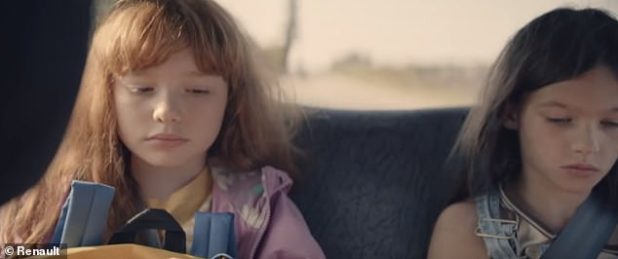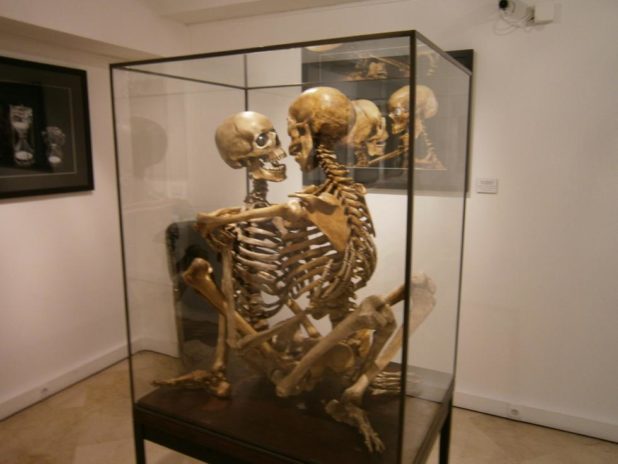Pomidor Quixote
Daily Stormer
November 26, 2019
Lesbianism is what Renault cars are all about.
Social media users have been left in tears over an advert for Renault Clio which follows a lesbian love story, with some calling it the best ad ever made.
The two-minute video follows a love story spanning three decades as two women meet as children, before falling in love and later reuniting as adults, all to an acoustic cover of Wonderwall by Rahel Debebe-Dessalegne.
Many social media users have been blown away by the advert, suggesting it’s a rival for the traditional John Lewis tearjerker.
The target audience isn’t lesbians themselves but the pro-diversity people that celebrate and protect degeneracy.
It’s not the first time the brand has captured public imagination with its adverts.
During the ’90s its series of ads following the romantic adventures of Nicole who kept being foiled by her father, leading her to exclaim ‘Papa’ at the end of every clip.
They were so successful that a 1996 survey found that Nicole was more recognisable than the then Prime Minister John Major, and the final ad in the series – featuring her wedding – was watched by 23 million viewers in May 1998.
“Use the Renault Clio to slut around, woman.”
The latest advert, which was released to commemorate 30 years of its Clio hatchback, celebrates the love story between two women, one from France and the other from Britain.
It begins with a young red-haired British girl named Gemma being driven off in a red Clio to spend time with a family in France.
She is greeted by Sieza, a dark haired French girl of the same age and while the two initially appear a little awkward, they bond over a music mixtape.
The girls become great friends the trip to France, before meeting again as teenagers, when the French teen visits England for the first time.
After embracing at the ferry, they take their Clio on adventures to the country as well to the beach.
The couple take a dip in the sea before they share an intimate kiss in the front seats of the car.
When Sieza leaves, they write love letters to one another, which are discovered by Gemma’s father who becomes furious.
In one scene, he is shown holding the letters in one hand and screaming at Gemma while they stand in the rain at a petrol station.
Time passes, and Gemma watches on in turmoil as she stands at the wedding of Sieza to another man.
But the marriage doesn’t last, and she drives to Britain to see Gemma where they passionately reunite.
In the final scene, they drive with their daughter in a rust orange Clio, the most recent generation of the car, to Gemma’s parents house, where all are accepted and embraced with hugs.
It concludes with the tagline, ‘The All-New Renault Clio: 30 years in the making.’
As an advertisement, it is getting people to talk about Renault, so they’re likely to continue down this path and soon feature white women with Arabs or blacks — or maybe with both at the same time — and more “diversity.”
By featuring a homosexual couple though, they’ve emphasized an anti-family, hedonist message of sterile “love.”
Sterile “love.”
That’s what life should be all about in the goyim farm: have sterile sex and don’t have kids so you can work on your career and spend that career money buying new products, traveling and collecting “experiences” until you drop dead and some Isengard hybrid replaces you.
Love is not about reproduction and family-making, it’s just a mechanism to feel happy feels, goy.
They have successfully turned love into masturbation.





